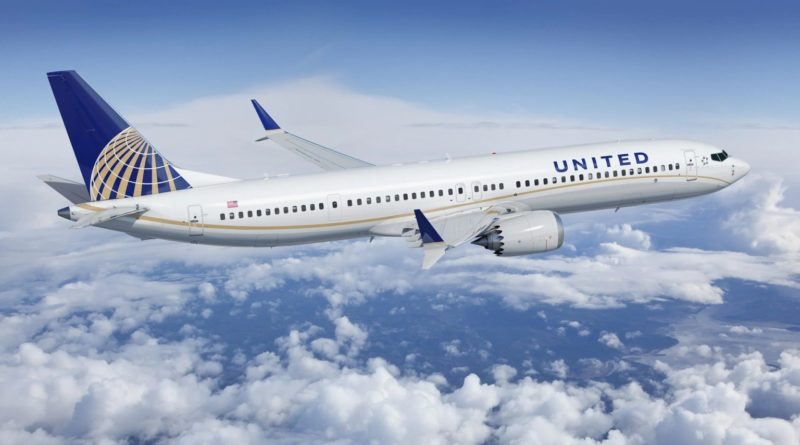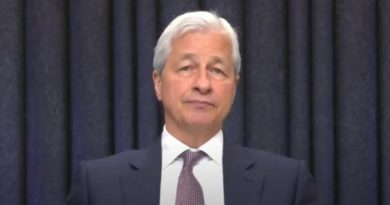Airlines File Emergency FCC Request to Block 5G Near Airports
The Airlines for America (A4A) association representing US airlines has filed an emergency request with the FCC to block 5G rollouts near airports.
Wireless carriers and the FCC are at odds with airlines and the FAA over the rollout of C-band 5G. Verizon and AT&T spent more than $68 billion at an FCC auction to purchase the mid-band spectrum, considered the sweet spot for 5G. Unfortunately, the spectrum is so close to the frequencies used for airline altimeters that the airline industry has been worried the C-band rollout could interfere.
The two carriers initially delayed the rollout of their C-band spectrum, and then agreed to limit the strength of the signal in an effort to address concerns. Meanwhile, the FAA issued new guidance for the use of altimeters in low-visibility conditions, and the airlines have continued to raise the alarm.
The A4A’s emergency filing is once again asking the FCC to force the carriers to delay rollout.
“Although the wireless carriers postponed the inauguration of service from December 5, 2021, to January 5, 2022, there has still not been a resolution of this issue,” reads the request. “The FAA – the federal agency principally responsible for aviation safety – has now issued an Airworthiness Directive that concluded that an unsafe condition is likely to exist or develop in transport and commuter category airplane because of the interference impact of new 3.7 GHz license service on radio altimeters. Aircraft will not be able to rely on radio altimeters for numerous flight procedures and thus will not be able to land at certain airports.”
The A4A believes irreparable harm will come to the industry if the delay is not granted.
“Absent the grant of a stay, the airline industry will suffer irreparable harm,” the filing continues. “In addition, the traveling public and the American economy, which depends on the air transportation system, will incur significant financial losses amounting to billions of dollars. Moreover, this does not include the downstream effects that the disruption in commercial air service will have on customers and the U.S. economy as a whole that is still recovering from supply chain disruptions as a result of the Covid-19 pandemic.”
It appears the issues surrounding C-band spectrum are far from over.



